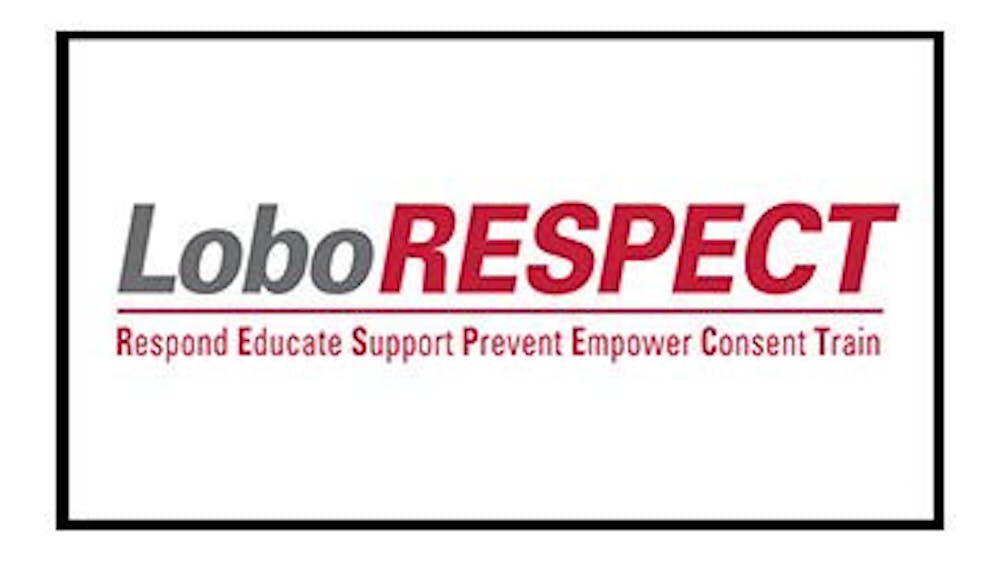Affirmative consent at the University of New Mexico is not a new topic. Several resources around campus contribute to the conversation around consent.
Women’s Resource Center Director Áine McCarthy said that affirmative consent is freely given, reversible, informed, enthusiastic and specific, remembered by the acronym - FRIES.
The University requires that consent is affirmative, according to UNM policy. Title IX Coordinator Angela Catena explained that coercion is not consent.
“One of the myths is around, ‘well if I eventually get a yes that means I have consent,’” Catena said. “But that might not necessarily be the case.”
UNM requires members of its community to undergo mandatory sexual misconduct prevention training, called The Grey Area. LoboRespect Campus Advocate Julia Egger, who runs Grey Area training on campus, explained that consent is not a one-time question.
“Consent is an ongoing process,” Egger said. “Just saying yes one time – that person is not agreeing to everything that’s going on. You have to continually check in.”
If consent is not a verbal, enthusiastic and clear agreement on a sexual activity, it can be found to be non-consensual and in violation of policy, McCarthy said. The person giving consent has to be conscious and in the correct mental space, Egger said.
“We caution students about if someone is slurring their words, throwing up, having trouble walking, having trouble focusing their eyes – that person’s too intoxicated to give consent,” Egger said. “If you are concerned about your level of intoxication or another person’s level of intoxication, it’s always best to err on the side of caution.”
Catena emphasized the role of communication in the consent process. She said that a lack of communication might mean a lack of consent.
“That is really what we’re trying to empower our University community to do, is actively engage in those conversations,” Catena said.
Catena and McCarthy both expressed their excitement for the recent passage of House Bill 151 in the New Mexico Legislature, which they say brings what UNM has been doing to the state level. Other universities around the state do not have the same affirmative consent policies, Catena and McCarthy said.
“Our affirmative consent was a decision within the University to say we’re going to go above what our state law is, and HB 151 is bumping up consent,” Catena said. “We’ve been operating under an affirmative consent policy so that won’t change.”
Get content from The Daily Lobo delivered to your inbox
Catena said that consent is one of the first things that her office looks at when determining if there has been a policy violation.
“If there is an investigation in our office, we pull apart those pieces to really see if consent was communicated and agreed upon and clear for both of the parties,” Catena said.
McCarthy encourages people to get involved with creating a consent culture. She said that one of her goals is to help address issues at all levels.
“We all have a role to play in building consent culture and unlearning non-consensual culture,” McCarthy said. “I’m really excited to meet students that are passionate about this too and want to help contribute to the vibrancy of this message.”
Catena encourages the UNM community who may have had a non-consensual encounter to go to a center with confidential advocacy in order to determine their next best steps. There are several confidential advocacy centers at UNM: LGBTQ Resource Center, Women’s Resource Center, LoboRESPECT and Advocacy Center and Student Health and Counseling. More information about confidential reporting can be found in Appendix B of Policy 2740.
Marcela Johnson is a beat reporter for the Daily Lobo. She can be contacted at culture@dailylobo.com or on Twitter @DailyLobo.
Marcela Johnson is a senior reporter for the Daily Lobo, and the editor-in-chief of Limina: UNM Nonfiction Review.






